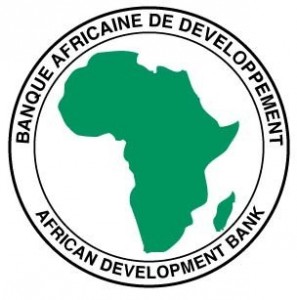South Sudan economy faces 5% decline due to Sudan war
August 1, 2024 (JUBA) – South Sudan’s economy is projected to decline by 5 percent in 2024 compared to last year’s 7.0 percent, a new report has shown.
The African Development Bank (AfDB) report, released on July 31, 2024, cited South Sudan Country Focus Report 2024 data collected between March and July 2024.
The decline is attributed to the disruption of oil flow due to Sudan’s ongoing war.
Oil is the mainstay of the annual budget and expenses of the government of South Sudan, thus a disruption by the war in Sudan has resulted in the decline of the sources of revenue in a country struggling to recover from internal conflict and the slow-paced implementation of the 2018 revitalized peace agreement.
The report, prepared by experts including South Sudanese at the AfDB as well as relevant economic institutions, looked at the macroeconomic performance.
Speaking at the launch of the report in Juba on Thursday, David Chan Thiang, a Macro-Economist consultant with AfDB, attributed the decline to the disruption of crude oil export via Port Sudan, amid the ongoing civil war in neighboring Sudan.
“The real GDP [Gross Domestic Product] is projected to contract by 5% in 2023-2024, owing to the reduction of oil production, following the vandalization of the pipeline due to ongoing conflict in Sudan,” he observed, adding that a 1% recovery would be recorded by 2024-2025 as oil production, and exports are relatively stabilized.
The First Deputy Governor of the Bank of South Sudan, Samuel Yanga Mikaya, said the recommendations outlined in the report provide a clear roadmap for addressing the economic crisis.
“The report’s findings highlight the vast potential of our nation with plentiful natural resources, a young and dynamic population, and a growing private sector in need. South Sudan is poised to embark on a transformative journey,” said Mikaya.
He added, “However, we also recognize the challenges that lie ahead of us. Not to mention a few, including agricultural sector mainstreaming, the infrastructure deficit, reforming the international financial architecture, and the need for people-driven economic growth”.
The civil war in neighboring Sudan has severely disrupted oil exports, depriving South Sudanese coffers of petrodollars, the government’s main source of revenue. South Sudan’s oil pipeline which exports 60% of its crude oil to the international markets for sale has been affected the flow after a rupture in February 2024 and has not been fixed.
The area where the rupture occurred in a conflict zone between Sudanese warring parties, the Sudan armed forces, and fighters of the paramilitary rapid support force, restricting the activities of the technical team.
(ST)

